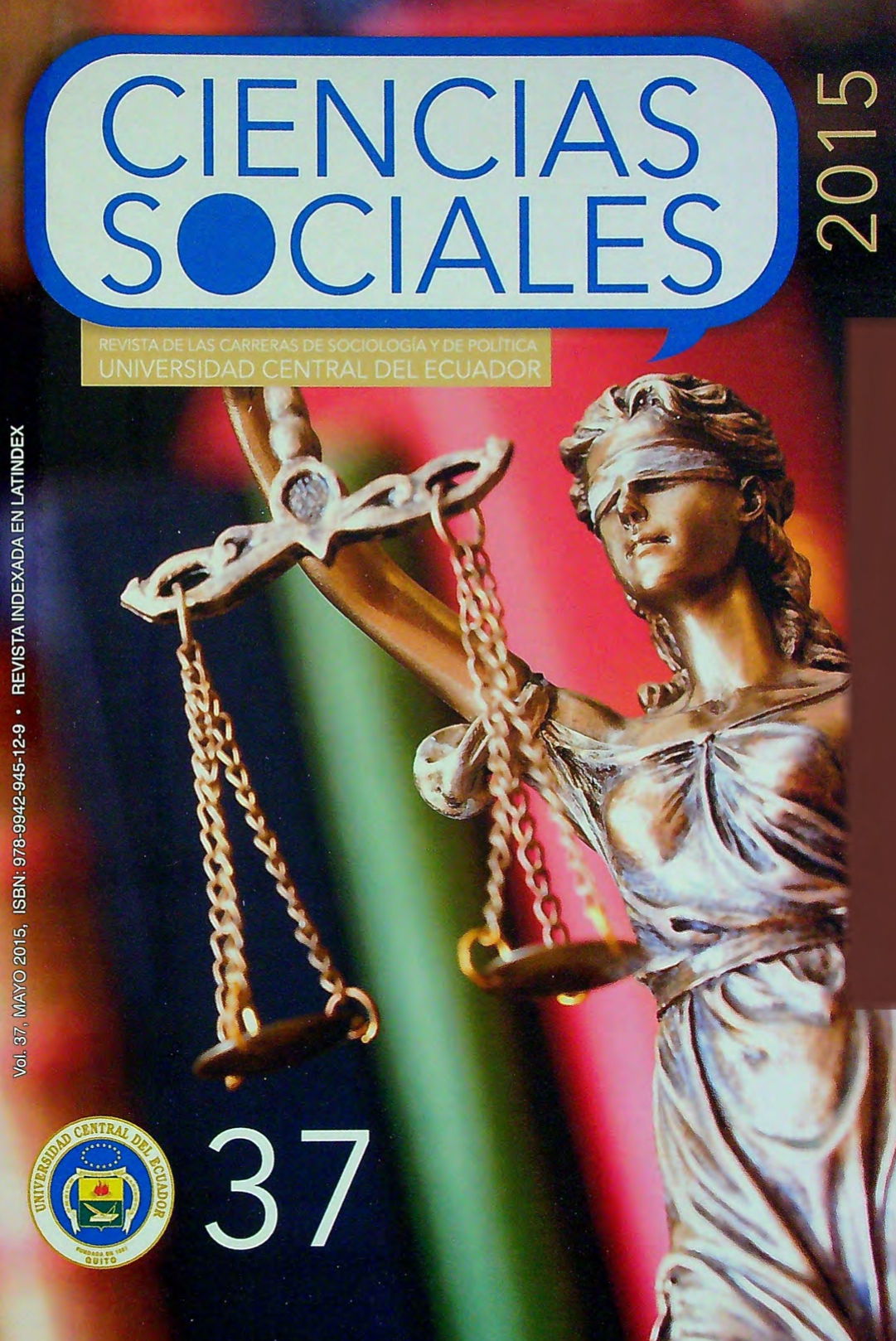Estudio sobre las estructuras de dominación en el sistema educativo capitalista ecuatoriano, a partir del análisis de las nociones de habitus y capital cultural propuestas por Pierre Bourdieu
Keywords:
Structures of domination, educational system, habitus, cultural capitalAbstract
In this sludy, it is clear that the capitalist system of education has been historically built around a myth that self-proclaims itself as a supposed "democratic instrument of social mobility". However, Bourdieu's analysis shows that the real function of the capitalist educational system is to legitimize and ensure the reproduction of unequal opportunities. It changes the term "culture•, to the belief that such socially conditioned priVileges are a so-called "merit" or personal "gifts". The Bourdieano thinking allows us to reflect on the structural problems that society has, in particular, the imbalances begin to elucidate lrom lhe French context regarding education, The Ecuadorian society is not foreign to this dynamic as we have permitted this "Wester" style education, which ts eminenlly capítalist, to inlillrate ilsell among us.
The habitus generales a system layout ol thoughts, perceptions, expressions and actions that are seemingly spontaneous; however, they reOect the internalized social history, in which the social, economic and cultural environment influenced their produclion conditions.
Social classes are determined by these objective regularities that generate "reasonable" or "common sense" behaviors, which will build and slrengthen social, economic and cultural barriers that guarantee the "social reproduction".
The "mass educalion", in a capttalist logic, has failed to eliminate the existing social barriers and provide ali indiVíduals the same opportunilies of access to educalion. Universal access to educalion in practica is referred to as utQpias which are detrimental to lhe different social sectors, reslrictions imposed by the state.
Downloads
References
Bobbio, N., lncola , M., & Guanf, P. (1981). Diccionario P olítica. Madrid: Siglo XXI.
Bourdieu, P. , & Passeron. (1983). Los herederos. Paris: Siglo XXI.
Diniz, E. (1996). Em busca de um novo paradigma: a reforma do Estado no Brasil dos anos 90. Sao Paulo.
Habermas, J. (1987). Teorla de la Acción Comunicativa. Madrid: Taurus.
Macphersib, C. (1997). La Democracia Liberal y su época. Madrid: Alianza editorial.
Sartori, G. (2006). Qué es la Democracia? . Lima: Ediciones $antillana.
Molina, l. (2007). Conceptos fundamentales de Ciencia Política. Madrid: Alianza Editorial.
Castillo, J. (2009, 11 28). Rebelion. Retrieved 5 22, 2014, from http://www.rebelion.org/noticia.php?id=96036
Downloads
Published
How to Cite
Issue
Section
License

This work is licensed under a Creative Commons Attribution-NonCommercial 4.0 International License.
Política de acceso abierto
La revista Ciencias Sociales adhiere al modelo Acceso Abierto en el que los contenidos de las publicaciones científicas se encuentran disponibles a texto completo libre y gratuito en Internet, sin embargos temporales, y cuyos costos de producción editorial no son transferidos a los/las autores/as.
En ese sentido, no existe costo alguno para los/as autores/as en el envío o durante el proceso editorial, defendiendo el derecho a la información con equidad e iguales oportunidades de acceso.
Licencia y derechos de autor/a
Los autores conservan todos los derechos de publicación del artículo y conceden a la Revista Ciencias Sociales una licencia no exclusiva, intrasferible y sin regalías por duración ilimitada para su reproducción, distribución y comunicación pública a nivel mundial bajo una Licencia Creative Commons Atribución 4.0 Internacional (CC BY NC 4.0)


